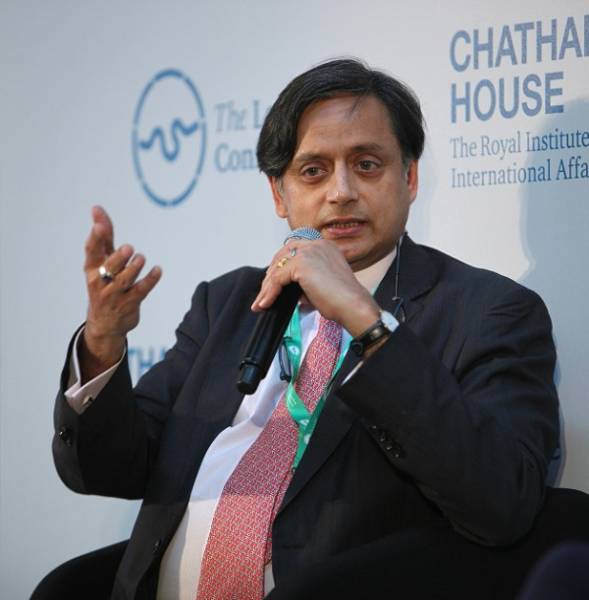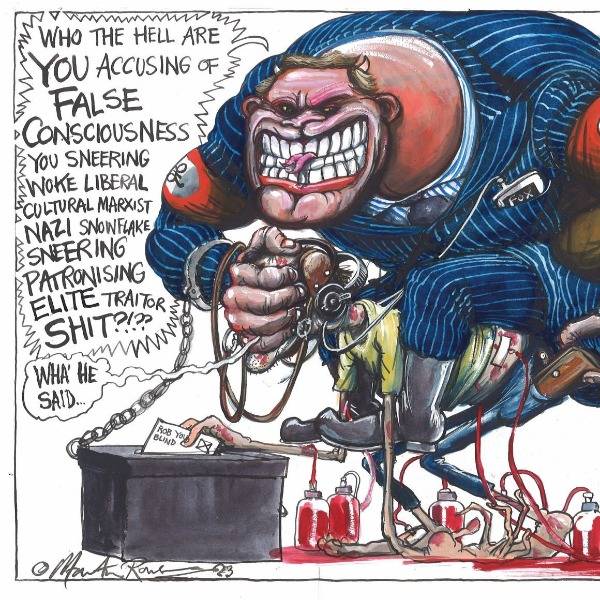I have a personal reason to dislike Henry Kissinger. In 1975, when he was Richard Nixon's secretary of state, he brokered a deal between the shah of Iran and Iraq's strongman, vice-president Saddam Hussein, over the Kurdish rebellion in northern Iraq. Previously having helped the Iraqi Kurds in their struggle for a measure of local autonomy from Baghdad and having made them dependent on Iranian arms, the shah suddenly withdrew his support and closed his borders to them in return for territorial concessions by Iraq elsewhere. Saddam began to destroy hundreds of Kurdish villages and deported their inhabitants to camps, often hundreds of miles away in the Arab south. Babies were snatched from their mothers for adoption by members of the ruling Arab National Renaissance (Ba'th) Party and large numbers no-one really knows how many of the deportees, mainly women, children and elderly, were never seen again.
| DOES AMERICA NEED A FOREIGN POLICY? Towards a foreign policy for the 21st century Henry Kissinger 552pp Simon & Schuster £20 THE TRIAL OF HENRY KISSINGER Christopher Hitchens 160pp Verso £8 (£15 cloth) |
And yet, I am now prepared to say that future historians will probably describe America's foreign policy tsar of the 1970s as a great man who did well to prevent an apocalyptic war from breaking out with the jittery despots of Soviet Russia, bring the Vietnam war to an end, mastermind a rapprochement with China's senile overlord, Mao Tse Dung, and prepare the way for Egypt's peace with Israel. Politics sometimes being about 'choosing between the unpalatable and the unacceptable', a giant will always trample over the occasional midget, such as the poor Kurds.
So this book is not just any book written by an ambitious member of a foreign policy think-tank. It sums up the experience of one of the world's major players in the second half of the 20th century, and it is the last will and testament which that man hopes will guide the steps of future generations of statesmen and diplomats. If you wish to think of a couple of predecessors for Henry Kissinger, those who have left comparable marks on the map of the world after them, you will probably have to think of Castlereagh and Bismarck, and Kissinger is definitely aware of the shadows that such figures still cast over our time. After all, he is a biographer of Castlereagh, the much-disliked British Foreign Secretary to whom Europe owed its peace of 41 years after the final defeat of Napoleon. Like Kissinger with some people, so unpopular was Castlereagh that when his coffin was being carried into Westminster Abbey for burial after his suicide in 1828, some 'mourners' could not restrain a shout for joy.
The book reads like a text book of political geography and is already the recommended reading of a thousand faculties of international relations all over the western world, for it scans every region of the globe, analyses the situation of virtually every country and pronounces on the major issues of today, such as globalization and the environment. It is bound also to affect the course of American foreign policy as its message is absorbed by the new Republican administration in Washington, even though it is not a particularly partisan book.
Of course, Kissinger writes as a loyal American, but that does not, in his view, necessarily conflict with the legitimate interests of others. He believes that peace, the removal of trade restrictions and the free flow of scientific knowledge are universal goods, as opposed to merely American interests. He appeals to America to wield its huge weight in the world not as an empire, but as a leader. On this subject he writes: "The road to empire leads to domestic decay because, in time, the claims of omnipotence erode domestic restraints. No empire has avoided the road to Caesarism unless, like the British Empire, it devolves its power before this process could develop". On the matter of the European Union's growing integration into a super-state, he warns Europeans (of whom he counts himself as one in a cultural sense) that if they go on to define a new identity in opposition to America, America might turn elsewhere for allies and partners. Thus it worries him that some Europeans are pushing for the setting up of a European army. This would, in his view, run the risk of being used without consulting America and reduce the importance of NATO for both sides in today's dangerous world. For him, history has definitely not come to an end. He also warns NATO not to expand farther into the east, for that would erode its essence as a defensive treaty.
Some of Kissinger's chapters are revelatory. The man who has known every prime minister of Israel since Ben Gurion says that one of the reasons why the intensive talks of Camp David II in December 2000 failed was that Israel's Ehud Barak offered too much, not too little, to the Palestinians' Yasser Arafat. Both Barak and America's President Clinton were coming to the end of their terms and were too desperate for agreement. So, together, they made so many dizzying concessions to Arafat that he thought he would get all he wanted if he waited only a few more months. Thus he went on pushing, not only for the return of East Jerusalem as his capital, but also for the return of up to four million descendants of Palestinian refugees from 1948 to Israel proper, which would eventually mean the disappearance of the Jewish state. So the three paved the way for the election of the arch-hawk Ariel Sharon to the leadership of Israel a short while later.
Often denounced by his critics as a cold-blooded 'realist', Kissinger includes a paragraph in his concluding chapter that brings out the other aspects of his personality: the art lover and the firm believer in the humanism of the European tradition. Let me quote it in full. He writes: "The ultimate dilemma of the statesman is to strike a balance between values and interests and, occasionally, between peace and justice. The dichotomy between morality and interest, between idealism and realism, is one of the standard clichés of the ongoing debate over international affairs. No such stark choice is, in fact, available. Excessive 'realism' produces stagnation; excessive 'idealism' leads to crusades and eventual disillusionment."
At the beginning of this review I said that I had a personal reason to dislike Henry Kissinger. By contrast, I have a personal reason to like Christopher Hitchens. I have known him for over 30 years and he has always been nice to me. So readers better prepare themselves for the bad news! I dislike his book. Not only is The Trial of Henry Kissinger sensational and full of half-truths and blatant legends about its subject, it is being used all over the world specially in the largely abominable press of the Islamic world to prove that a Jewish conspiracy at the heart of American capitalism is out to capture the world for Israel. Actually, Kissinger is neither an uncritical supporter of Israel, nor an American nationalist. Yet Arabic and Persian translations of Hitchens's book are being subsidized by such regimes as Baghdad and Tehran and carry subtitles such as: 'The result of many years' investigation by one of the western world's most prominent and respected writers.' Well, prominent Christopher definitely is, thanks to his talent and love of controversy, respected he is not, at least by foreign policy experts.
Regardless of the disaster that the fall of South Vietnam to the communist North has proved for the bulk of the people of that land, Hitchens suggests that the sacrificing of 35,000 American soldiers was all because of imperialism and greed, that Kissinger's bombing of Hanoi and Haiphong targeted civilians it actually made the later peace treaty for which Kissinger and the North Vietnamese foreign minister were given the Nobel Prize possible and there is nowhere a mention of the fact that Kissinger fought hard to persuade his president not to use nuclear bombs against North Vietnam. This is not say that anyone who is at the heart of the foreign policy of America for eight years does not make mistakes or even manage not to be occasionally brutal, but, overall, as Kissinger approaches his 80th birthday next year, he has good reason to raise a glass of vintage claret to his life. Hitchens's compact paperback is a bad book and that is a pity. Its author has his heart with us in the humanist movement.
Does America Need an Foreign Policy? is available from Amazon UK

